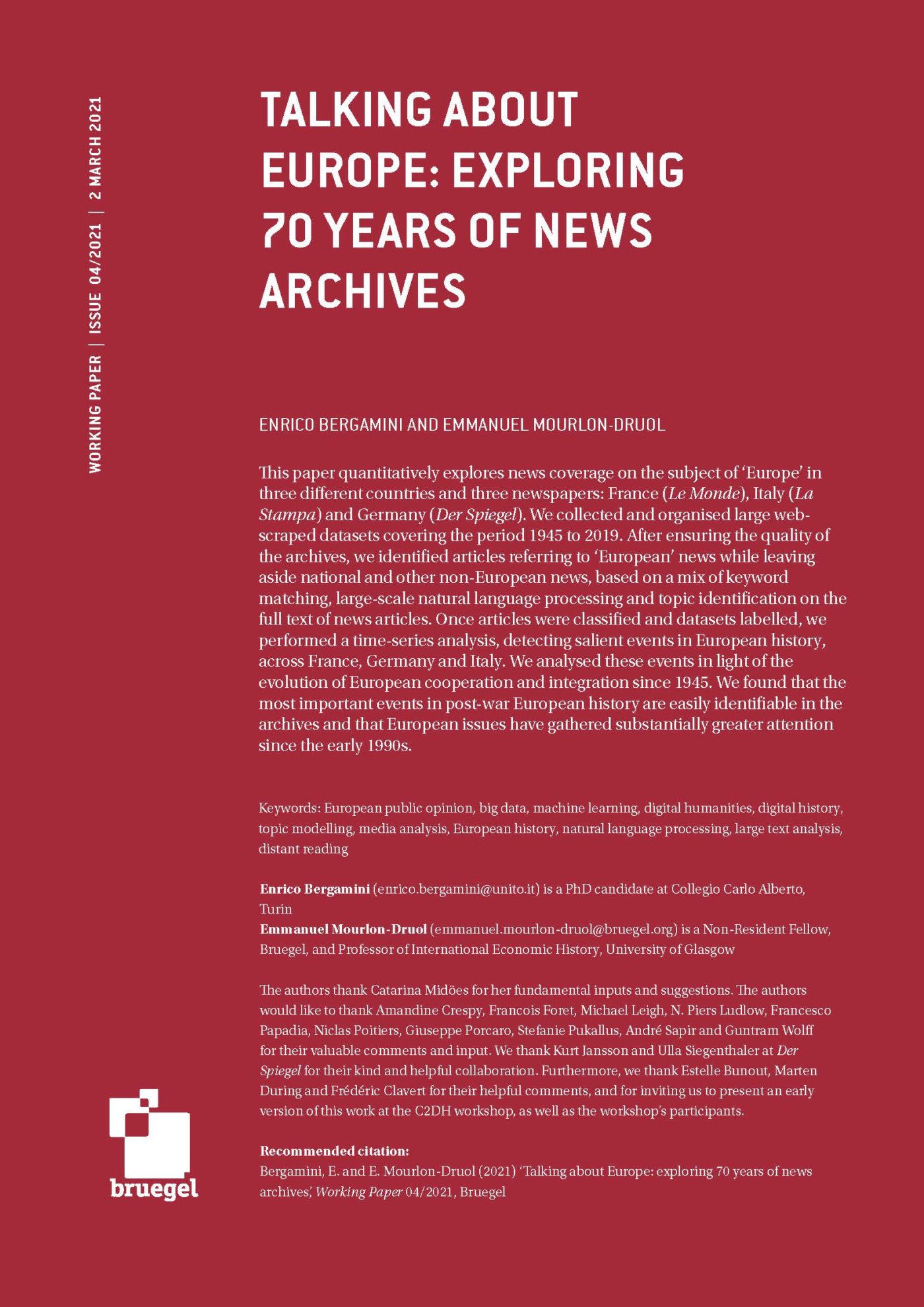Past Event
Sovereign debt restructuring: legal frameworks and European challenges
European Macroeconomics and Governance
There have been several sovereign debt crises and debt restructurings during the past decades, primarily in emerging and developing countries, but during the past few years many European countries have also faced major difficulties in financing their budgets. Greece has gone through major debt restructuring.
The regular reoccurrence of such crises in emerging countries, together with high public debt levels and weak growth outlooks in some European countries, suggests that debt restructuring could return to the agenda. However, there is no global legal framework for orderly sovereign debt restructuring, which could complicate the resolution of public debt overhangs. In Europe, there is a renewed discussion on whether Greek public debt should be restructured again, even though the bulk of Greek public debt is in the hands of official creditors and enjoys very preferential terms.
The workshop brought together a distinguished group of speakers to assess legal options for debt restructuring and European challenges.
The first session of the workshop assessed broader issues, drawing lessons from Argentina, Europe and hundreds of other debt restructuring episodes. How much does the lack of a global legal framework for debt restructuring hamper the resolution of sovereign debt crises? Can collective action clauses substitute the lack of a sovereign debt resolution mechanism? Is there a need for a European mechanism for sovereign debt crisis resolution? Would an automatic lowering of the debt burden upon the breach of contractually-specified thresholds be the right solution in the specific context of the euro area?
The second session of the workshop focused on the current case of Greece. Is Greek public debt unsustainable? What is the rationale for offering debt relief for Greece? What are the available options to improve the sustainability of Greek public debt? Would a new Greek debt relief have implications for other EU countries which also received financial assistance during the crisis?
The panellists offered some preliminary remarks on these and related questions, followed by a general discussion.
Programme
11:30-13:00 Session 1. The lack of legal framework for sovereign debt restructuring: A problem for all?
Chair: André Sapir, Senior Fellow at Bruegel and Professor at Université Libre de Bruxelles
Panellists:
- Hernan Lorenzino, Ambassador of Argentina, former Minister of Finance
- Ashoka Mody, Non-resident fellow at Bruegel and Professor at Princeton University (by video conference)
- Moritz Kraemer, Managing Director and Chief Rating Officer, Sovereign Ratings, Standard & Poor’s
13:00-13:40 Lunch break
13:40-15:10 Session 2. The Greek public debt: Is it (un)sustainable?
Chair: Guntram Wolff, Director of Bruegel
Panellists:
- John Milios, Chief Economist of Syriza
- Zsolt Darvas, Senior Fellow at Bruegel
- Ludger Schuknecht, Director General of Economic and Fiscal Policy Strategy, International Economy and Finance, Federal Ministry of Finance.
- Reza Moghadam, Vice-Chairman of Global Capital Markets at Morgan Stanley and former head of the IMF European department
Event materials
Presentation by John Milios –
Full recording of the event: Panel 1 and Panel 2
Video of interviews following the event
Practical details
- Venue: Bruegel, Rue de la Charité 33, 1210 Brussels
- Time: 12 February 2015, 11.30-15.10
- Contact: Matilda Sevón, Events Manager – [email protected]






